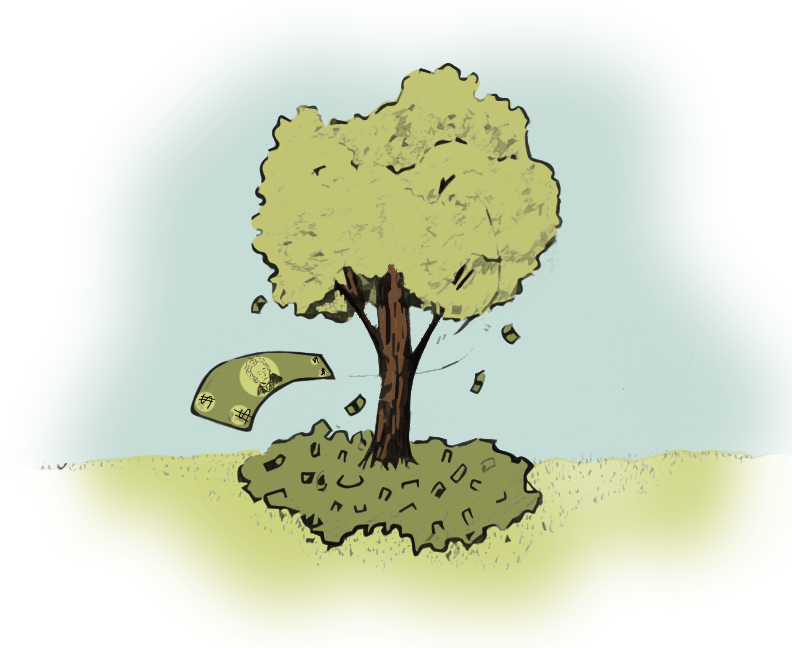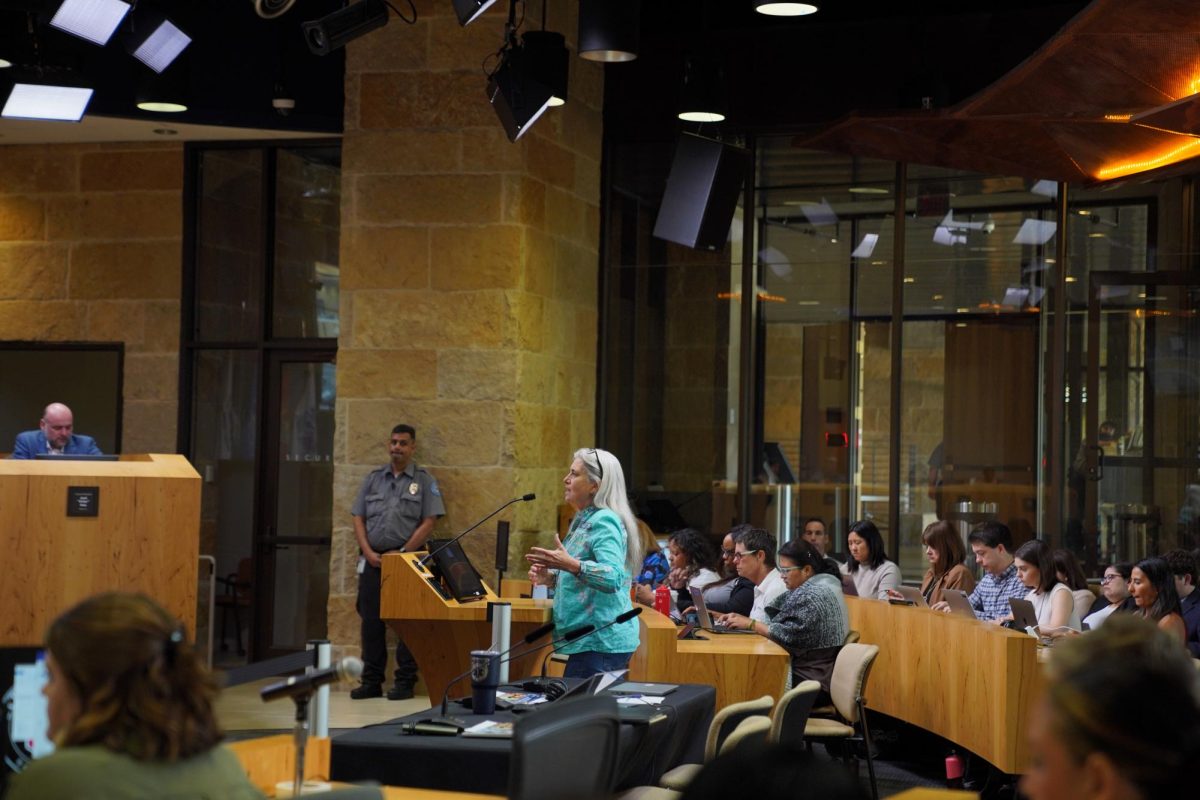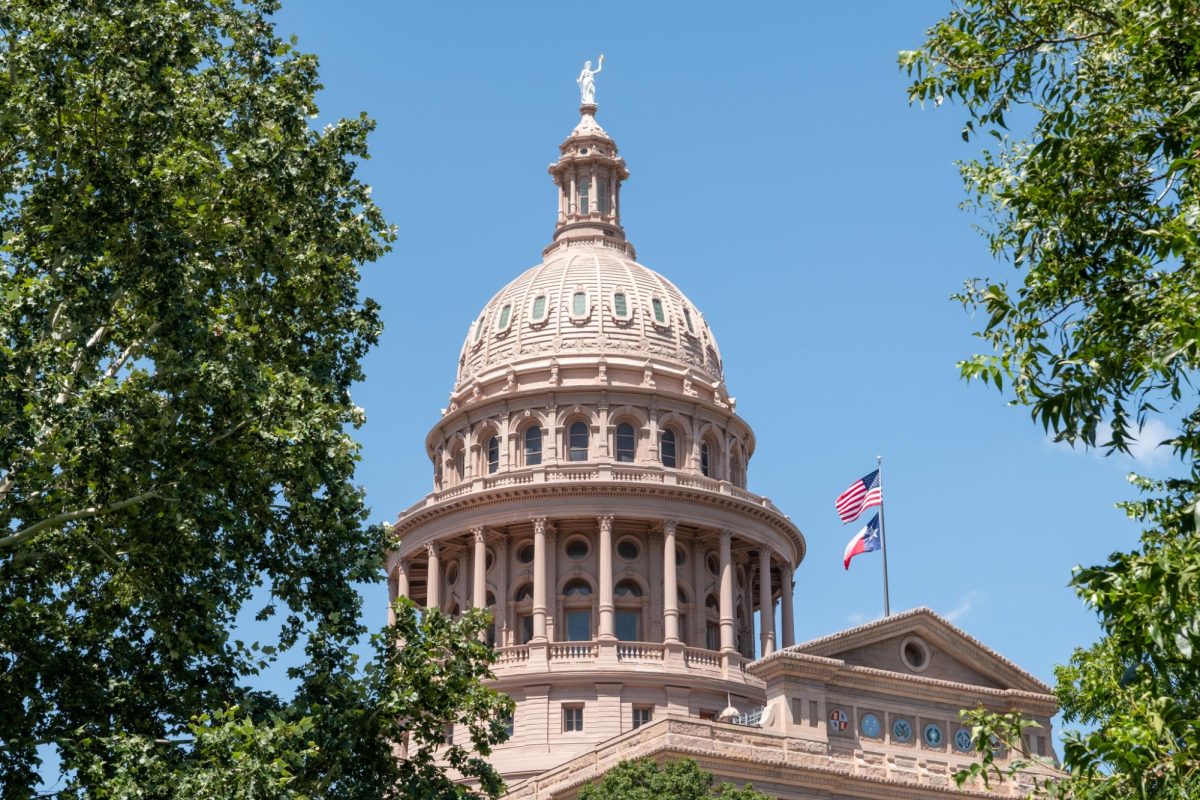U.S. District Judge Lee Yeakel declared a city policy used to ban Occupy Austin protesters from City Hall unconstitutional this past Thursday, following suit with similar recent rulings nationwide.
The declaration from Yeakel comes as part of the final ruling in a lawsuit filed against the city by Rodolfo Sanchez and Kristopher Sleeman, two protesters with Occupy Austin. The Austin movement is a subset of the national movement, Occupy Wall Street, which promotes financial and social equality. The suit was filed by the plaintiffs in response to being banned from City Hall in October of last year, according to the order.
The overturned policy is titled Criminal Trespass Notices on City Property and addresses the rules and procedures for issuing bans from city property that often accompanies criminal trespass charges received there. The policy allows for police discretion in determining the duration of a ban. It also specifies the review and appeal process for the bans, according to the order.
Sanchez and Sleeman were both banned from City Hall following criminal trespass arrests. Because of the policy’s vagueness and appeal process, it was ruled to be an “erroneous deprivation” of First and 14th Amendment freedoms, according to the order.
The overturned policy was signed into effect last November by City Manager Marc Ott, roughly one month after Occupy Austin protesting at City Hall began, according to the order.
English graduate student Trevor Hoag has participated in protests with the Austin and UT Occupy movements and is focusing his graduate dissertation on the national movement’s struggles. He said the policy is one example of many policies passed throughout the country in regard to the Occupy movement that trample First Amendment rights. He said the policy sets a precedent that could be used to defend public freedoms for years to come.
“It shocked me deeply the way that the protesters were responded to because it seemed to be such an obvious disregard for freedom of speech and the First Amendment,” he said.
Hoag said he hopes this ruling will now be used as a precedent to dismiss other policies in order to further protect the freedom of speech that the nation was built on.
“The precedents from these cases are going to be important because the same things are going to happen again,” Hoag said. “Legal and other actions need to be taken to ensure that those actions, those protest actions, can be as successful as possible in the future. People deserve access to their full rights of speech and assembly without fear.”
The policy enacted in Febuary restricting public use of the City Hall between the hours of 10 p.m. and 6 a.m. remains in effect. Hoag said he hopes the policy is overturned next so the Occupy encampment of the City Hall can resume again and the movement can gain back lost visibility.




















